
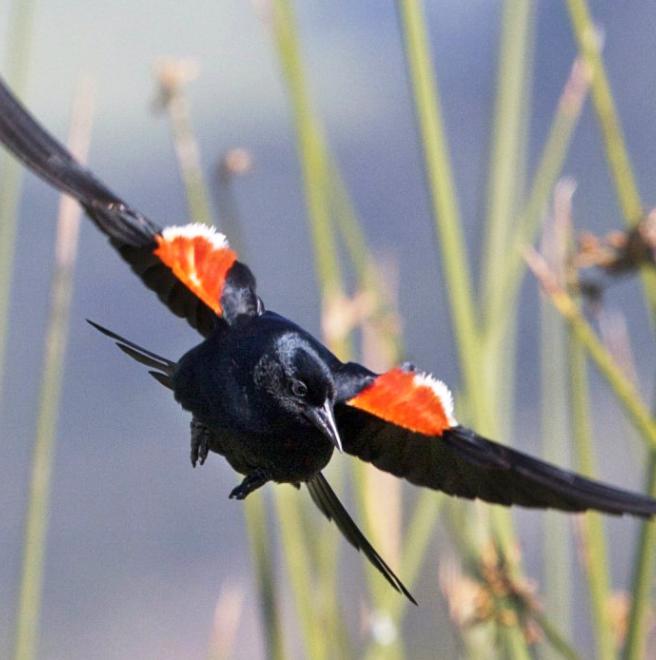
This relative of the Red-winged Blackbird is nearly endemic to California; only a few scattered, small populations exist outside the state. According to Audubon's climate model, that is likely to remain the case, as the current summer range is forecast to decline by 92 percent by 2080, moving from the Central Valley into the hills of the Coast Range. The larger problem for the Tricolored Blackbird, in fact, may be water usage practices in California. As droughts become the new normal for the Golden State, and the human population demands more water for drinking, desert agriculture, and lawn-watering, it remains to be seen whether there be enough left for the marsh-dwelling blackbirds.
8% of summer 2000 range is stable
49% decrease in summer 2080 from 2000 range
54% of winter 2000 range is stable
33% decrease in winter 2080 from 2000 range
Explore more birds threatened by climate change around the country.
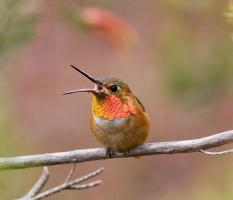
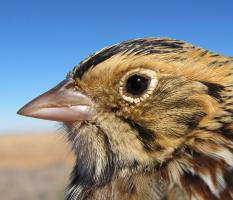

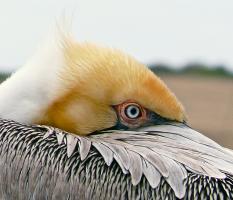
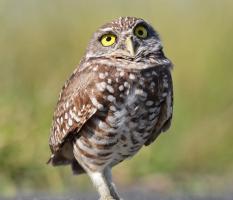
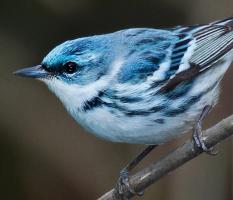
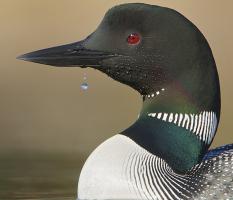
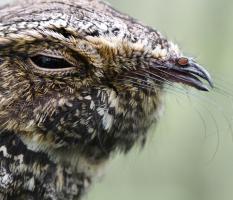

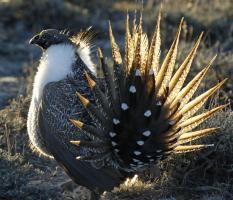
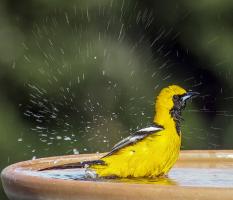
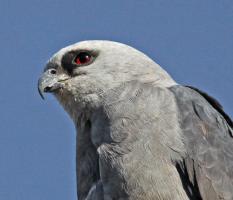
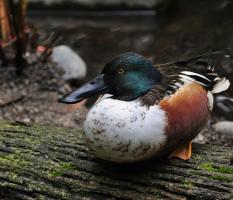
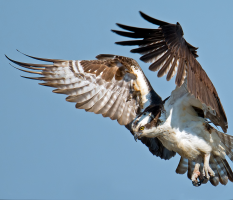
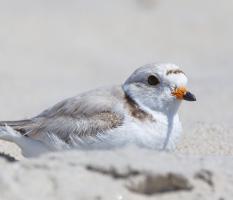
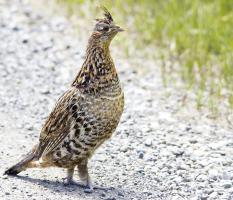
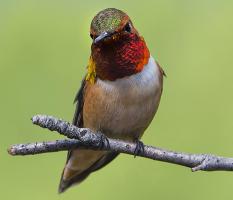

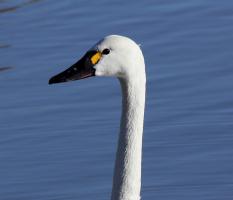
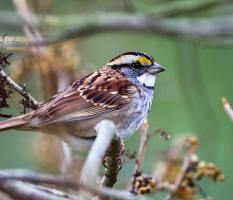
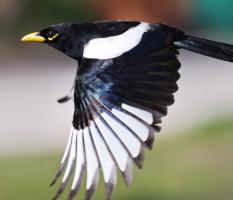
It's easier than you think to make a difference. Become an Audubon member today to help birds facing climate change.